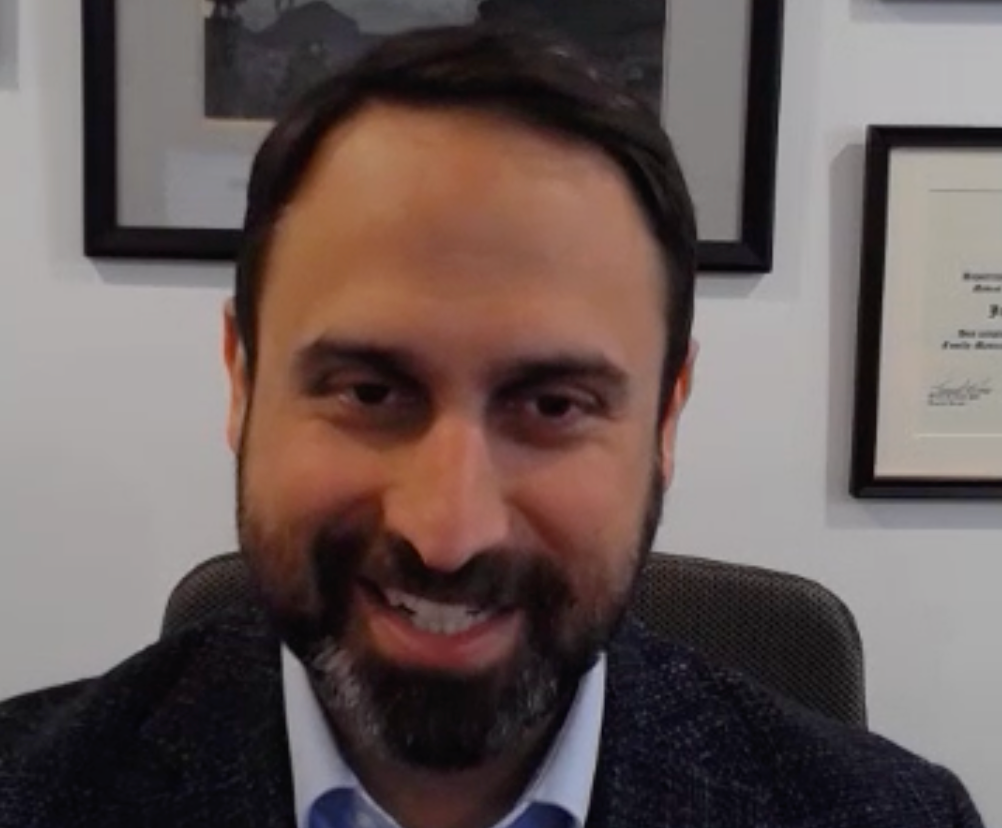How Jewish General Hospital is gaining more insights from data
The Montreal hospital has adopted a new platform to help researchers learn more about outcomes in certain patient populations.
Jewish General Hospital in Montreal wanted to reduce the amount of time needed to analyze data about patients.
Jewish General Hospital in Montreal has adopted a new self-service platform to analyze data about patients. Justin Cross, chief digital health officer of Jewish General, says he hopes it will lead to insights and interventions.

Justin Cross, chief digital health officer of Jewish General, says getting and analyzing information about certain groups of patients has often been a lengthy process.
As Cross tells Chief Healthcare Executive®, “One of the things we were looking at is: How can we shorten the time to insights for different stakeholders within our healthcare network.”
Working with MDClone, a healthcare software company, Jewish General Hospital has developed a self-service data platform to enable clinicians to analyze patient information more quickly. The hospital installed the platform in the latter part of 2023.
“It's going to help us shorten the process and the time it takes from the generation of an idea, to being able to actually look at data and start to get insights from data and then ultimately make changes from those insights,” Cross says.
Jewish General Health is part of a regional health network in Quebec, and different healthcare sites have worked on different systems. The network is moving to an integrated modern electronic health record, making it less cumbersome to look at data, Cross says.
“Sometimes, you might need to combine that with datasets from a different system. The people that are asking the questions often don't have a good background on all of those different source systems,” Cross says.
With a new platform, clinicians can answer more questions about how certain patients are faring and if treatments can be improved, he says. Cross says the platform isn’t necessarily aimed at day-to-day decision making, but for taking a wider look at how a specific population is doing.
“This is aimed more at overall quality improvement,” Cross says. “How am I doing with my panel of patients? How are we doing with that particular category of diagnoses that we're seeing at this facility? How is our length of stay affected by a particular care pathway? Are there certain things we're doing that improve outcomes?”
“These are the types of questions that really, any of our different clinical services are going to be able to ask,” he adds.
Jewish General Hospital regularly reports quality metrics to the Canadian government, but those reports are looking at outcomes from a “top down” approach, Cross says.
“One of the things that we're excited about with this platform is really the ability to stand up the ‘bottom up’ approach,” Cross says. “So if you're someone who's mostly been involved in clinical care, and hasn't really gotten into the sort of organizational quality improvement, or more population health kind of initiatives, this makes it a little bit less intimidating.”
“If you have something that you're seeing in the course of the care, you can sit down with the platform and start to ask the questions,” he says.
Since the platform has been installed only recently, Jewish General Hospital has been inviting clinicians to submit ideas for possible analysis. Cross says they want to establish teams that can move forward with potential interventions if gaps are discovered.
The hospital has received a host of potential ideas for deeper data analysis, and many of them are focused on improving access to care. Proposals have included pitches to look at emergency room access, improving treatment pathways to prevent repeat visits to the emergency department, and analyzing mental health treatment pathways.
Clinicians are also interested in looking at population health activities and managing chronic conditions, Cross says.
“Ultimately, we'd like to move towards more of a preventative approach where we can proactively identify people at risk of decompensation with their chronic conditions so that we can prevent, hopefully, unnecessary emergency room visits or acute care admissions,” Cross says.
The platform can hopefully help the hospital in its health equity efforts, he says, noting that Jewish General Hospital operates in one of Canada’s most ethnically diverse areas.
“We are absolutely looking at the platform to see how we can zero in on some of the social determinants of health in our population, and then see how some of those social determinants end up affecting outcomes,” Cross says. “And so once we can start to narrow in on particular signals of interest, then we can actually intervene on them.”
The platform should also help academic researchers who want to pursue ideas, he says.
Cross also touts the platform’s ability to create synthetic data, which is similar to actual data but allows researchers to examine variables on readmissions, for example. With a synthetic data set, clinicians and researchers can look at information that can lead to quality improvements, while safeguarding sensitive information. If clinicians or researchers find trouble spots with the synthetic data, they can seek approval to request actual patient information.
“We can have that initial step with the synthetic data, which means that we can extend access to this platform to a lot of our staff while minimizing concerns around privacy,” Cross says.
Healthcare leaders: Prepare for a very different HIPAA security rule | Viewpoint
April 20th 2025The proposed changes to the HIPAA Security Rule are significant. Executives and boards need to prepare as the days of voluntary compliance end and a new era where leaders are held personally accountable emerges.